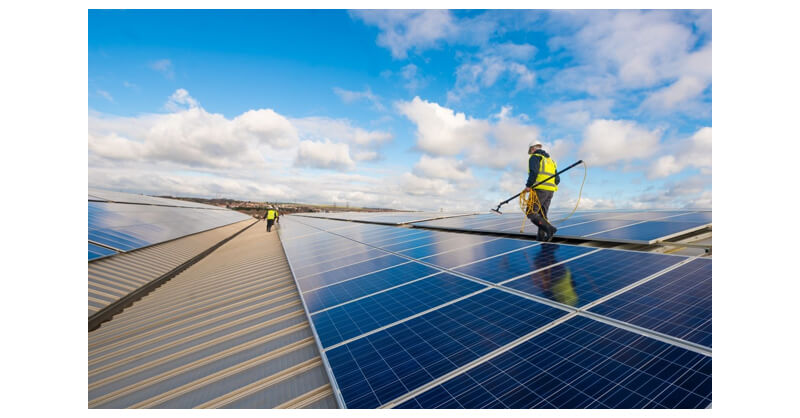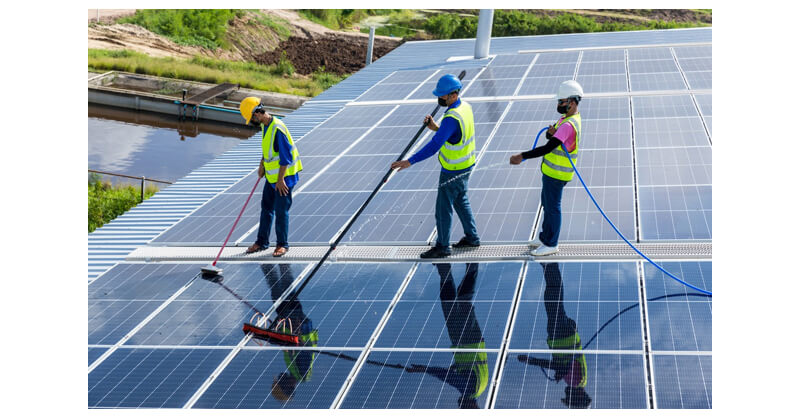Content
In South Africa, where sunshine is abundant for the majority of the year, solar energy has become an increasingly vital component of the energy landscape. The efficiency of solar panels, however, can be significantly impacted by the accumulation of dust, dirt, and other residues. This makes solar panel cleaning not just a routine maintenance task, but a crucial element for enhancing energy output and extending the lifespan of the solar installations. The following article explores the significance of solar panel cleaning equipment in South Africa, emphasizing its economic, environmental, and technical benefits.

1. Maximizing Solar Efficiency
Solar panels operate at optimal efficiency when they are clean. Studies suggest that dirt and debris can reduce solar panel efficiency by 20% to 25%. In a sun-rich country like South Africa, this loss can translate into significant economic losses, particularly for large-scale solar farms.
2. Environmental Considerations
Using water efficiently is crucial, especially in areas prone to drought like South Africa. Advanced solar panel cleaning technologies, such as robotic cleaners and dry cleaning systems, minimize water usage while maintaining high cleaning standards. This supports sustainable practices within the solar industry.
3. Economic Benefits
Clean solar panels mean more electricity is generated, which can be sold back to the grid or reduce dependency on grid electricity. This decreases energy costs and can provide a faster return on investment for solar panel installations.
The geographical and environmental conditions in South Africa contribute to the quick accumulation of dust and debris on solar panels. Areas like the Northern Cape, where many solar farms are located, are particularly dusty, especially during the dry season. The regular cleaning of solar panels in these regions is not just beneficial but necessary for maintaining energy output.
Innovations in solar panel cleaning technology have tailored solutions to meet the needs of various setups, from small residential systems to vast commercial arrays. Equipment ranges from simple manual tools like brushes and squeegees to sophisticated automated systems such as robotic cleaners that can operate autonomously and without water.
| Technology Type |
Water Usage |
Efficiency |
Cost |
Best Used For |
| Manual Cleaning |
High |
Moderate |
Low |
Small installations |
| Robotic Cleaners |
Low |
High |
High |
Large-scale farms |
| Waterless Systems |
None |
High |
Medium |
Environmentally sensitive areas |
The solar panel cleaning equipment market in South Africa is poised for growth. As solar installations continue to expand, driven by the country's Renewable Energy Independent Power Producer Procurement Programme (REIPPPP), the demand for effective cleaning solutions is expected to rise correspondingly.

Visualizing Efficiency Loss
To illustrate the impact of dirt accumulation on solar panel efficiency over a year, the following code generates a graph representing monthly changes. This visualization aids in understanding the significant fluctuations in efficiency that can occur without regular cleaning.







